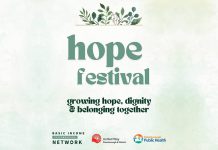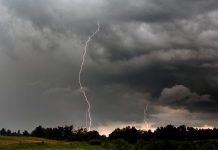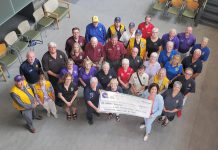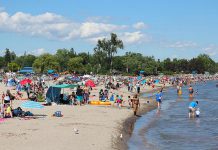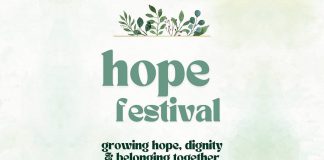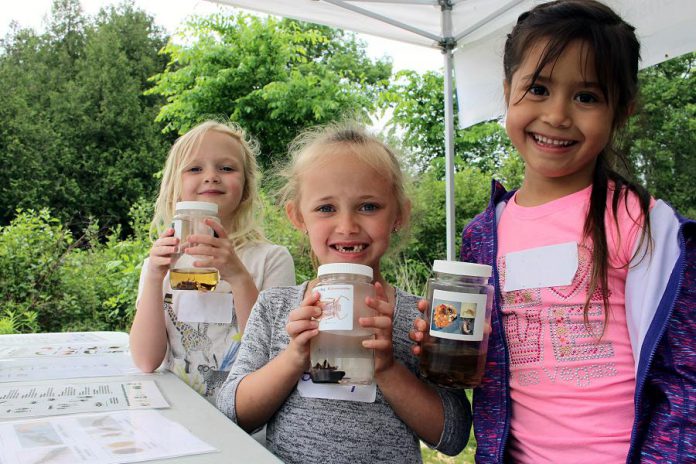
Last week on June 6th and 7th, the Riverview Park and Zoo was flooded — flooded with many hundreds of elementary school students in grades 2 to 5 attending the 17th annual Peterborough Children’s Water Festival (PCWF).
This year’s festival was a splashing success, with record registration numbers! In recent years, the PCWF has seen an increasing thirst for water education in the Peterborough region. Daily registration numbers have continued to climb and some classes have had to be temporarily placed on wait lists.
Each year, thanks to in-kind and financial support from partners, grants, and the local community, teachers are able to register for fully subsided spaces for their students to attend the PCWF. This funding and support helps to ensure that all students have an opportunity for water education, regardless of their economic situation.
In recent years, the PCWF has seen an increasing thirst for water education in the Peterborough region. Daily registration numbers have continued to climb and some classes have had to be temporarily placed on wait lists.
The PCWF Steering Committee wants to ensure that all students in our region have access to this important water education opportunity, and have worked hard to increase the capacity of the festival, raising the daily limits each year.
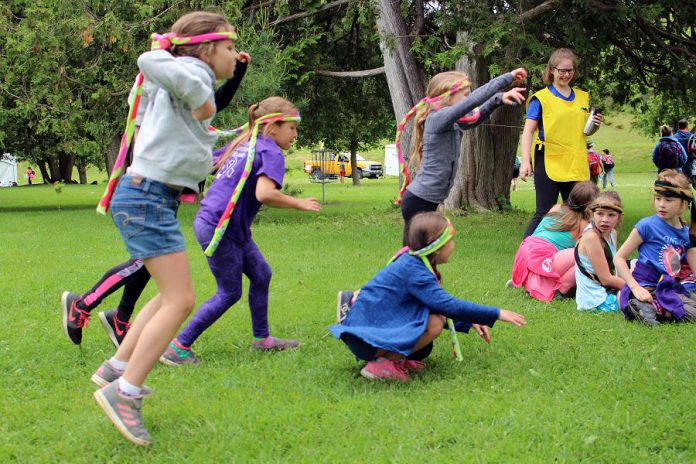
This year, registration numbers for the two-day festival broke a record level, with almost 1,600 elementary students attending the festival. This is hundreds more than in previous years. June 7th alone saw almost 900 students attending, which is 150 more students than have ever attended in any one day of the festival.
Why is there an increasing demand for the Peterborough Children’s Water Festival? The secret lies in the hands-on, interactive activity centres that not only present important water-related programming in a fun and engaging way, but all centres link with the Ontario Elementary Curriculum for each grade — all while maintaining scientific and local accuracy.
Each year the PCWF Steering Committee welcomes and creates new activity centres to join the circuit. This year, the PCWF presented 36 activity centres (more than in previous years) and created three new activity centres:
- “Drop in the Bucket” is a centre that was developed with support from Nourish, promoting the Nibi Giinwiindawan (We Are Water) curriculum.
- “Salty Solutions” is a centre that was developed to allows students to learn about the impacts of road salt and sand on local waterways.
- “Aqua Quest” is a scavenger hunt style activity that encourages students to quiz themselves about what they learn at the PCWF, winning a bracelet at the end that will act as a reminder each day, even after the festival, of the water messages learned.
This year’s festival also saw a return of fan favourites, “3P'”s, “Doing the Laundry”, “Lather UP”, and a new favourite, “Water in Plastic, Plastic in Water”.
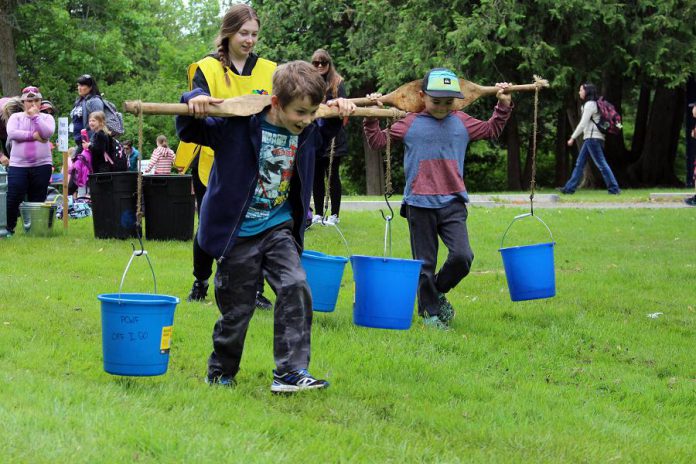
So what exactly do students learn at the PCWF? One of the activity centres that we often hear back from parents about is “2 Times a Day”. This centre focuses on water conservation where students learn that if they turn off the tap while brushing their teeth, they save three litres of water, two times a day.
At “Water in You”, students learn why they need to drink five to seven cups of water each day, and at “Rolling Thru the ‘Shed” students learn what a watershed is and the importance of limiting the amount of contaminants that flow through the (water)shed, such as pesticides, litter, and pet waste.
If you are a parent and your child(ren) attended the PCWF, you may have already heard some of these and other important teachings.
Another secret to success of the PCWF is the diversity of water perspectives that bring the Festival to life. Activity centres are created and led through a unique collaboration between high-school student volunteers, the PCWF Steering Committee, water professionals, agencies within the community, and local knowledge holders.
Each year, local organizations and knowledge holders from the community, such as Peterborough Public Health, Ontario Turtle Conservation Centre, Ontario Water Power Association, and Otonabee Conservation join us as activity centre hosts — many of whom are assisted by high-school volunteers who learn leadership skills, presentation skills, and water messaging throughout the day.

Some activity centres are crafted by the PCWF Steering Committee and, this year, were fully delivered by high-school students from Holy Cross, TASS, and Crestwood. The result is a balanced view of the importance of water, reaching students through a number of perspectives and topics, and allowing attendees to gain a sense of how far and complex water impacts are within our community.
With the increasing popularity of the Festival, the PCWF Steering Committee is hopeful that the festival can run for three days in 2019, so there can be ample space for students to participate in this premiere water event in the future. You can help us make this happen by contributing to the 2019 PCWF. To find out how, visit pcwf.net/sponsor-information/.
The 2018 PCWF Steering Committee is comprised of a number of agencies such as the City of Peterborough, Peterborough Utilities Services Inc, Otonabee Conservation, GreenUP, Trent University, Riverview Park and Zoo, Nourish, and local community members.
For more information, you can contact the 2019 PCWF Coordinator, Matthew Walmsley, at matthew.walmsley@greenup.on.ca.


